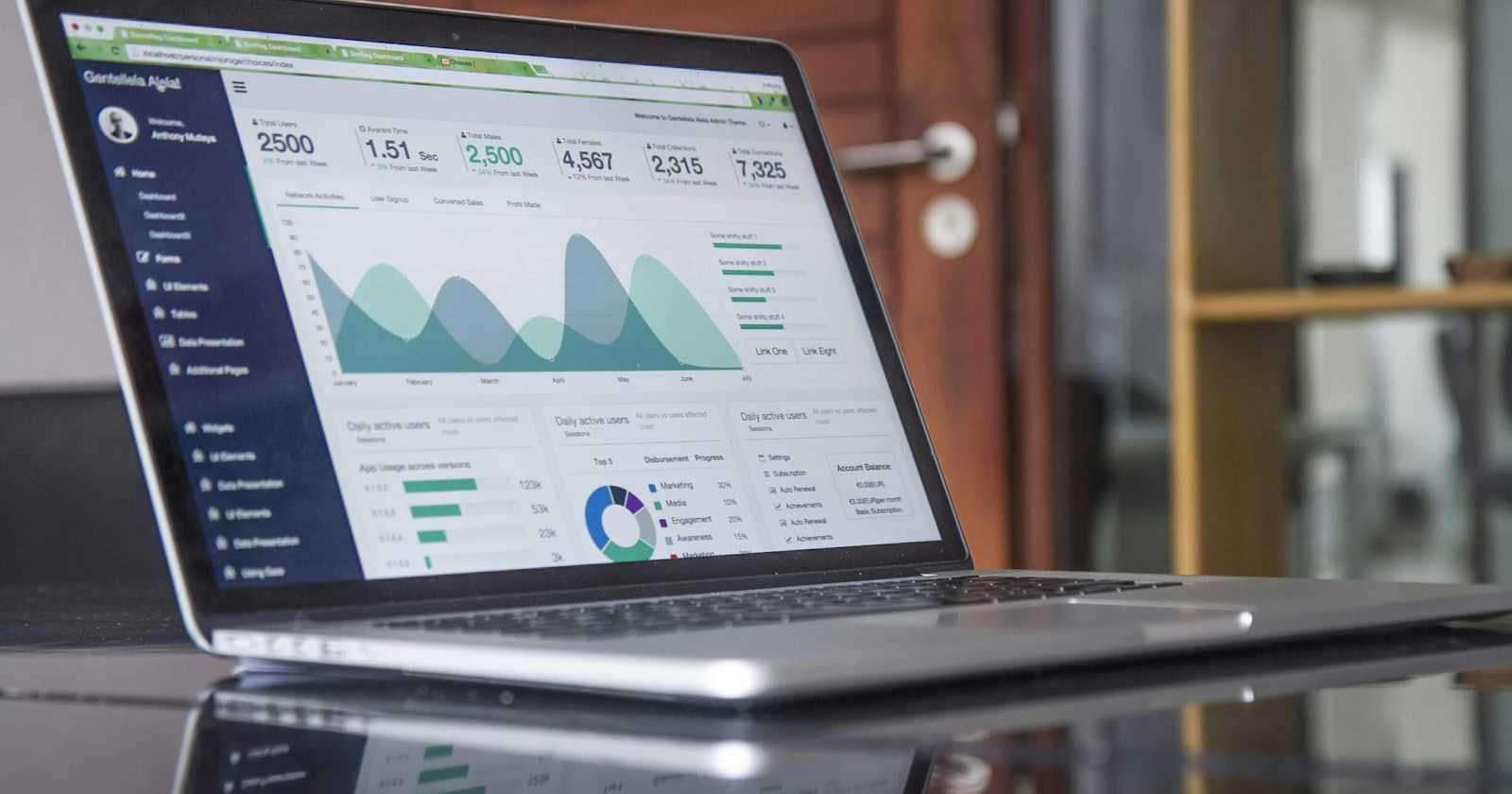Customer relationship management (CRM) software is a powerful tool that can help you grow your business, improve customer satisfaction, and increase sales. But with so many options available, how do you choose the best one for your needs?
In this article, I will share with you my personal experience of using different CRM software and how I found the best one for my business. I will also give you some tips on what to look for when comparing different CRM solutions and how to make the most of them.
Here are the main criteria that I used to evaluate CRM software:
1. Ease of use
One of the most important factors to consider when choosing a CRM software is how easy it is to use. You don't want to spend hours learning how to navigate the interface, set up workflows, or customize fields. You want a CRM that is intuitive, user-friendly, and fast.
The best CRM softwares for me are those that have a simple and clear dashboard, where you can see all the important information at a glance. It also has drag-and-drop functionality, which makes it easy to create and update tasks, deals, and contacts. Having a mobile app, which allowed me to access my data anytime, anywhere is a big plus.
2. Features and functionality
Another key factor to consider when choosing a CRM software is what features and functionality it offers. You want a CRM that can handle all the aspects of your customer journey, from lead generation to customer retention. You also want a CRM that can integrate with other tools that you use, such as email marketing, social media, or accounting software. A good CRM Platform should be good in helping you;
Lead capture and management: It allowed me to capture leads from various sources, such as web forms, landing pages, or email campaigns. It also helped me to qualify, segment, and nurture leads with automated emails and follow-ups.
Sales pipeline and forecasting: It enabled me to create and manage multiple sales pipelines, track the progress of each deal, and forecast revenue based on historical data and trends.
Contact and account management: It helped me to store and organize all the information about my contacts and accounts, such as name, email, phone number, company name, industry, location, etc. It also allowed me to add notes, attachments, tasks, and events related to each contact or account.
Marketing automation and campaigns: It allowed me to create and run marketing campaigns across different channels, such as email, SMS, web push notifications, or social media. It also helped me to measure the performance of each campaign and optimize them based on the results.
Customer service and support: It enabled me to provide fast and efficient customer service and support through various channels, such as phone, email, chat, or ticketing system. It also helped me to track customer satisfaction and feedback.
3. Pricing and value
The last but not least factor to consider when choosing a CRM software is how much it costs and what value it provides. You want a CRM that fits your budget and offers a good return on investment. You also want a CRM that has flexible pricing plans that suit your business size and needs.
The best CRM software for me was one that had a reasonable pricing plan that matched my business requirements. It also offered a free trial period that allowed me to test its features and functionality before committing to a subscription. It also had a transparent pricing policy that did not have any hidden fees or charges.
Conclusion
Choosing the best CRM software for your business can be a daunting task, but it doesn't have to be. By following these criteria and tips, you can find the best CRM solution that meets your needs and goals.


